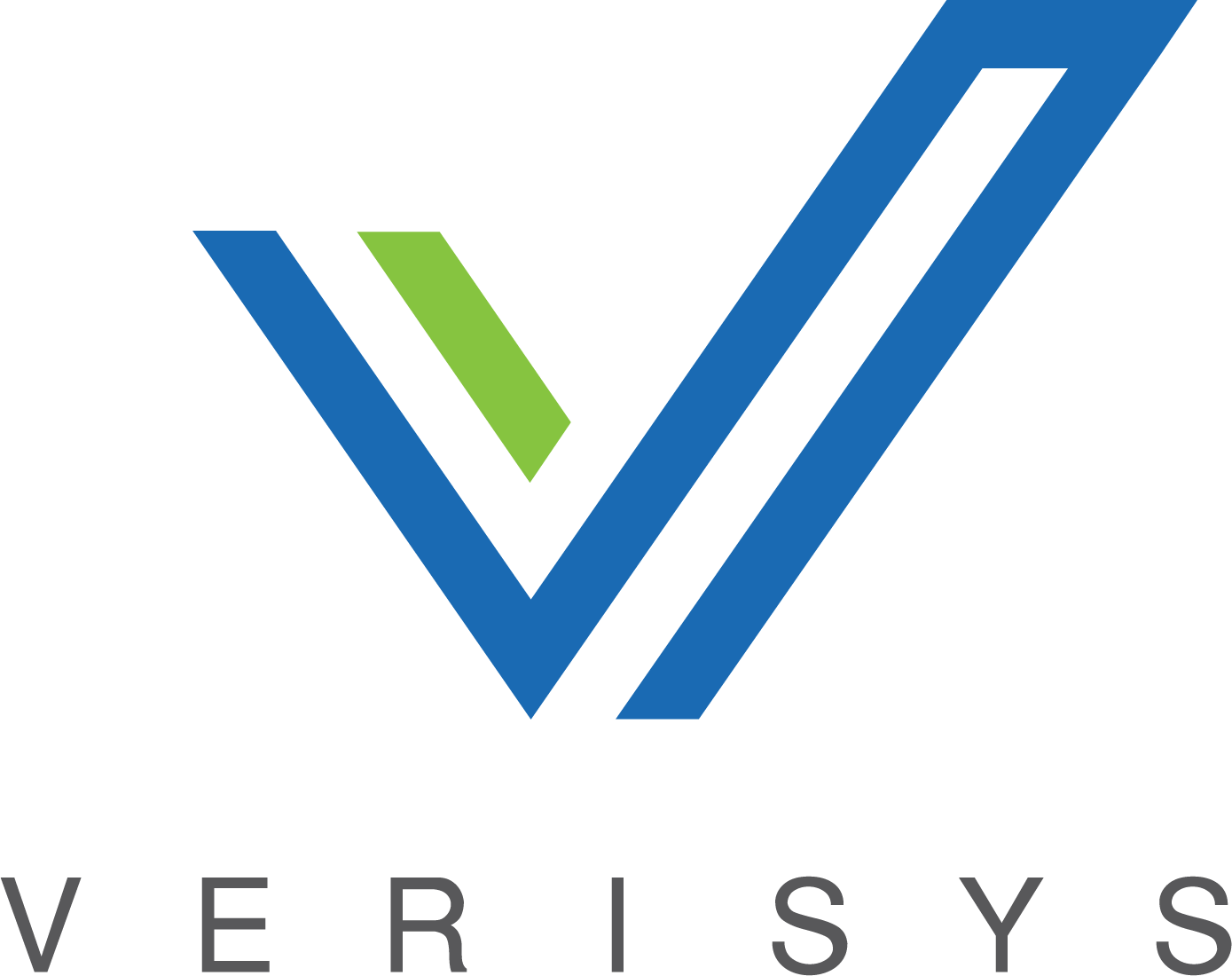– The best resource for monthly healthcare regulatory compliance updates. Compliance Updates: April 2024 Overlook: Licensure Compacts Other Legislation Board Updates Interstate Medical...


In healthcare, physician credentialing is the process of organizing and verifying the professional records that qualify a doctor to practice medicine. This includes their board certifications, hospital admitting privileges, education, malpractice insurance, professional references, work history, and more. It’s a vital safeguard for patient safety and risk management. Organizations must obtain primary source verification of the practitioner’s education, training, certificates, and licensure and maintain a file on each provider.
When a doctor applies for admitting privileges in a hospital or medical practice, they give permission for that organization and/or their credentialing staff to research their background, education, licensure, and professional certifications. A physician has to be credentialed for their scope of practice, including procedures and special equipment they will use in those procedures.
It’s important for organizations to perform physician credentialing so they can verify the accuracy of the information the doctor has included on their application. For some provider information, the practice, hospital, or credentialing staff will perform primary source verification, which requires contacting the institutions or boards that issued the original credential. For example, an organization may contact the physician’s medical school to verify that the doctor did indeed attend the school and graduate with the stated medical degree.
The Affordable Care Act has substantially increased physician credentialing requirements for Medicare and Medicaid enrollment in an effort to reduce fraud and abuse. Physician credentialing is currently required by the federal government, each state government, and each accreditation agency.
For physicians, it’s important to start the credentialing process as early as possible, as it can take anywhere from 90 to 180 days. Each payer has its own internal timeline for application processing. The size of some payer organizations can make expediting an application impractical.
A significant number of physician credentialing applications have missing, outdated, or incomplete information, which can cause significant delays in credentialing. The most overlooked data are work history and current work status, malpractice insurance, hospital privileges, and attestations.
Most payers in the U.S. have adopted the uniform credentialing program of The Coalition for Affordable Quality Healthcare (CAQH). Physicians who keep their information up to date with CAQH have fewer delays in credentialing and re-credentialing.
Physicians should understand and follow their state’s credentialing regulations. Each state’s regulations are different. Several states have reciprocity regulations, meaning that if a physician is credentialed in one state by a payer, their credentialing in another state for that same payer can be streamlined. Within the same state, a physician moving from one practice to another may not have to undergo the full credentialing process again.
Hospital credentialing can no longer be used for a physician practicing at another site. This was commonplace years ago, but now each healthcare organization must conduct a separate credentials verification process.
To speed up physician credentialing, your organization’s process should include these eight steps.
The heavy credentialing workload can overwhelm hospitals as laws and regulations surrounding provider data and credentialing are constantly changing. If a healthcare practice falls behind in credentialing, reimbursements can be delayed or denied. In order to stay in compliance and to continue providing the best patient care, contact Verisys to learn about their trusted credentials verification platform. Contact Verisys about outsourcing your credentialing.
 |
Written by Verisys Verisys transforms provider data, workforce data, and relationship management. Healthcare, life science, and background screening organizations rely on our comprehensive solutions to discover their true potential. Visit verisys.com to learn how we turn problems into power.
|